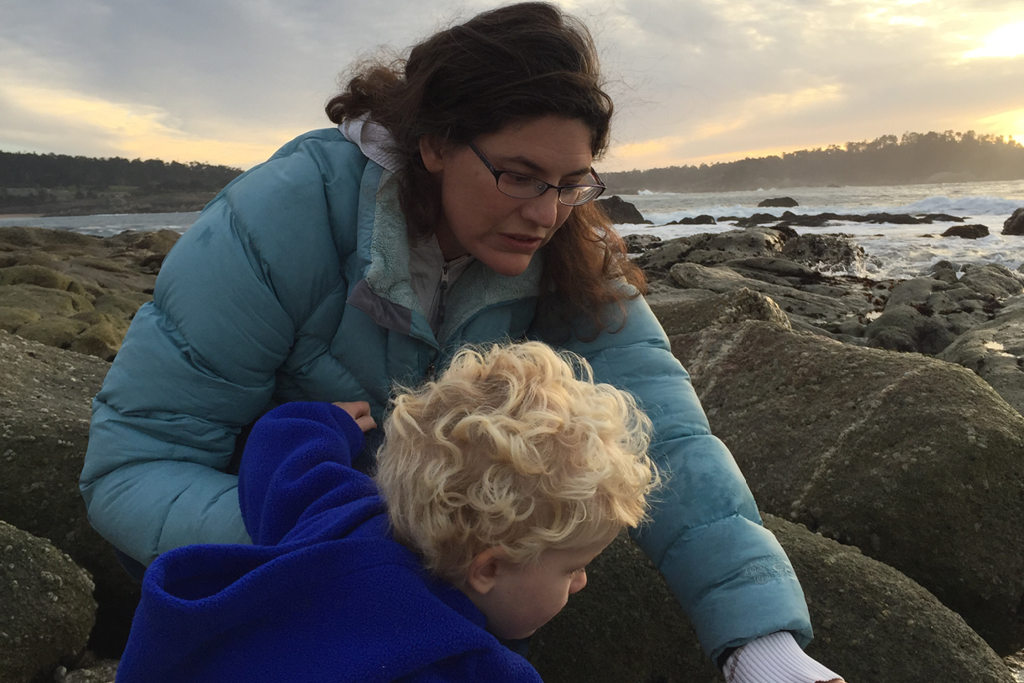Stefanie Krantz ’97 is a climate change coordinator for the Nez Perce Tribe in north central Idaho. She works with a diverse team to assess and plan for the impacts of climate change on the Nez Perce Tribe and Nimiipuu, looking for climate smart, culturally just solutions that protect Treaty Reserved Rights and Resources, endangered species, habitat, and gathering.
How did you get started in a career in your current sector / industry?
I worked an ecologist and ornithologist for 15 years studying, monitoring, and protecting endangered species and habitats, and did permitting and planning. I was studying the impacts of climate change independently for twenty years, and wanted to do more about it. When this job came up, I applied and moved to Idaho to work for the Tribe.
Briefly walk us through your career journey to this point.
I worked as a wildlife biologist/ornithologist for many years for government, academic, non-profit and private institutions. Then I worked for a private planning firm doing biological assessments and permitting. I had my son, and realized that we needed to relocate from Monterey, CA, to a place with a lower cost of living. My ex-husband and I both applied for jobs at the Nez Perce Tribe and received them.
I now work with a diverse team to assess and plan for the impacts of climate change on the Nez Perce Tribe and Nimiipuu. We are working on climate smart, culturally just solutions that protect Treaty Reserved Rights and Resources, endangered species, habitat, and gathering. Check out our website to learn more.
What do you most enjoy about your sector / industry / job?
I love working with climate data to try to understand what the future may hold, and working with diverse groups of people including tribal members, scientists, planners, farmers, federal agencies, and conservation groups to come up with solutions. The best part of my job is working directly with tribal members and learning about their unique and enduring culture, traditions, and resiliency, and day to day lives. I have made many friends who are devoting to protecting this planet for all species and humans for future generations. It is extremely rewarding to know and work with so many determined, caring, and knowledgeable people.
How is your current career the same, or different, than what you thought it would be when you began college?
I wanted to be an ecologist saving tropical forests. Now, I am an ecologist working on saving endangered species and cultures. I never expected to stay in the United States, thought I would become an academic, and didn’t expect to work for a Tribe. I am extremely glad I stopped with a Master’s Degree and chose to do applied work, and for all of the travels, adventures, and friendships my rather convoluted journey has brought to my life.
What words of advice do you have for McMurry students or fellow alumni interested in a career in your sector or industry?
Find a good mentor, be willing to work for low pay for a federal agency to get yourself into the system and become a full time employee, or to work for private industry. Life is short and it is important to spend time doing what you truly love, doing something that serves others whether it be people or other species, and don’t be afraid to take risks and follow your heart. No matter what path you wind up on, make sure you can look back and know that you checked a few things off your bucket list. Determination, perseverance, and friendship will see you through.
